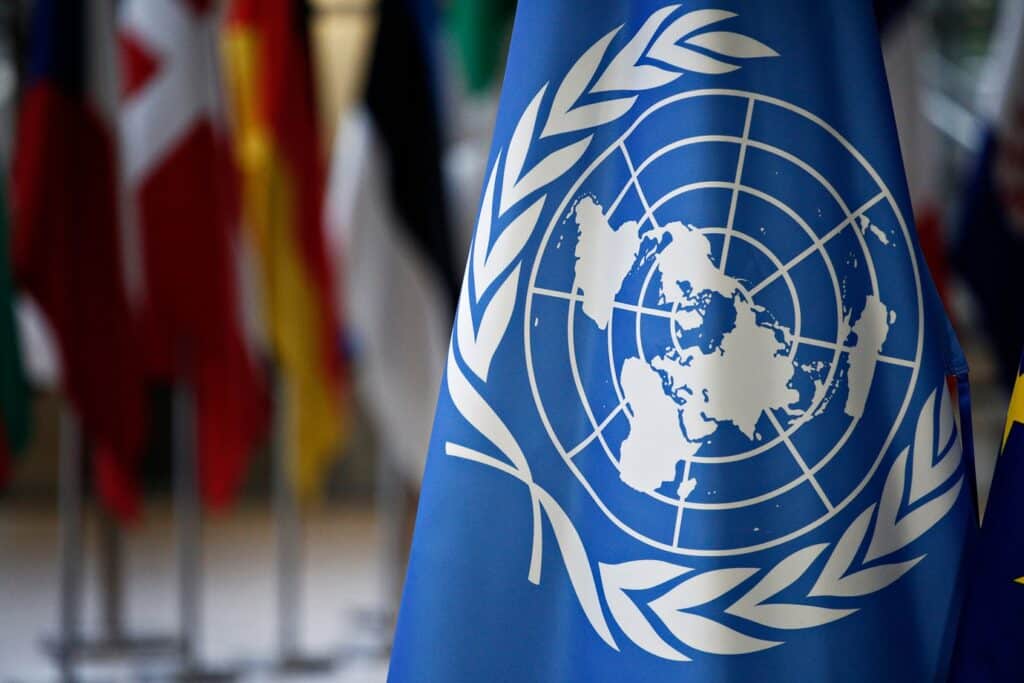The United Nations has never been led by a woman, and numerous civil society campaigns are promoting an end to this decades-long gender imbalance.
With plenty of female candidates capable of taking on the United Nations’ top job, a recent survey has narrowed down the most preferred choices for Secretary-General.
Conducted by the independent, women-led nonprofit multimedia news company, PassBlue, the informal survey’s winner is Michelle Bachelet, a two-time president of Chile and ex-UN high commissioner for human rights.
“I feel very honoured for the support received, and I think it is essential that women be present in all decision-making spaces,” Bachelet told PassBlue.
“I have no doubt there are a lot of outstanding women with capabilities. A challenge of this nature requires a lot of reflection.”
Following Bachelet is Mia Mottley, the current prime minister of Barbados. Third place goes to Maria Fernanda Espinosa Garces, ex foreign minister of Ecuador and former president of UN General Assembly. And the fourth spot is filled by Amina Mohammed, current Deputy Secretary-General.
PassBlue’s survey also included space for write-in candidates, with Jacinda Ardern, the former prime minister of New Zealand coming in first, with 1.2 per cent of the overall vote. In second place as a write-in candidate was Dunja Mijatovic, a human rights expert from Bosnia-Herzegovina.
None of the candidates listed on the survey approached PassBlue to be included. Instead, the 12-listed candidates came about through conversations between a range of diplomats, UN personnel and civil society groups as well as researching digital news and other resources.
Most of the candidates on the survey were from the Latin America/Caribbean region, given that it is contending that it should have the next turn to lead the UN. The list also included candidates from Eastern Europe (an area that has never had a secretary-general), Africa and Asia.
The United Nations describes itself as “one place where the world’s nations can gather together, discuss common problems and find shared solutions”.
The global organisation’s membership has grown from the original 51 Member States in 1945 to the current 193 Member States, which altogether make up the General Assembly.
The Secretary-General is appointed by the General Assembly on the recommendation of the Security Council for a 5-year, renewable term.
Currently, António Guterres of Portugal holds the position after taking office on 1 January 2017. On the 18th of June, 2021, Guterres was re-appointed to a second term, meaning the next appointee’s term will begin January 1, 2027.
“After nearly 80 years, the male monopoly of the UN’s highest office must end,” said Marissa Conway, chief executive of UNA-UK, one of the organisations advocating for a woman secretary-general.
“It’s time for member states to walk the gender equality talk and appoint a woman Secretary-General. States must take this opportunity to help restore faith in the UN and demonstrate that diverse and inclusive leadership is vital to achieving a more equal, sustainable, and peaceful world.”


